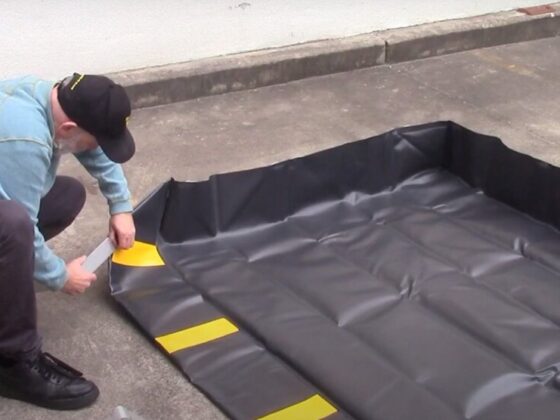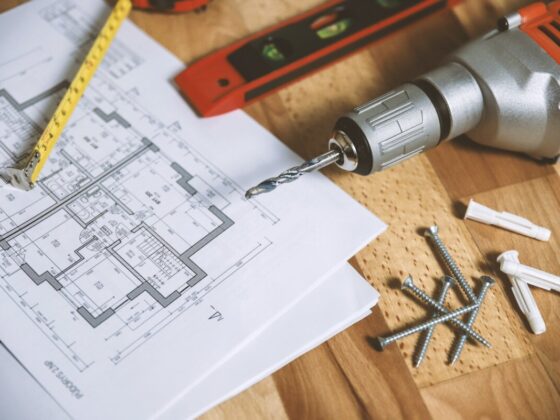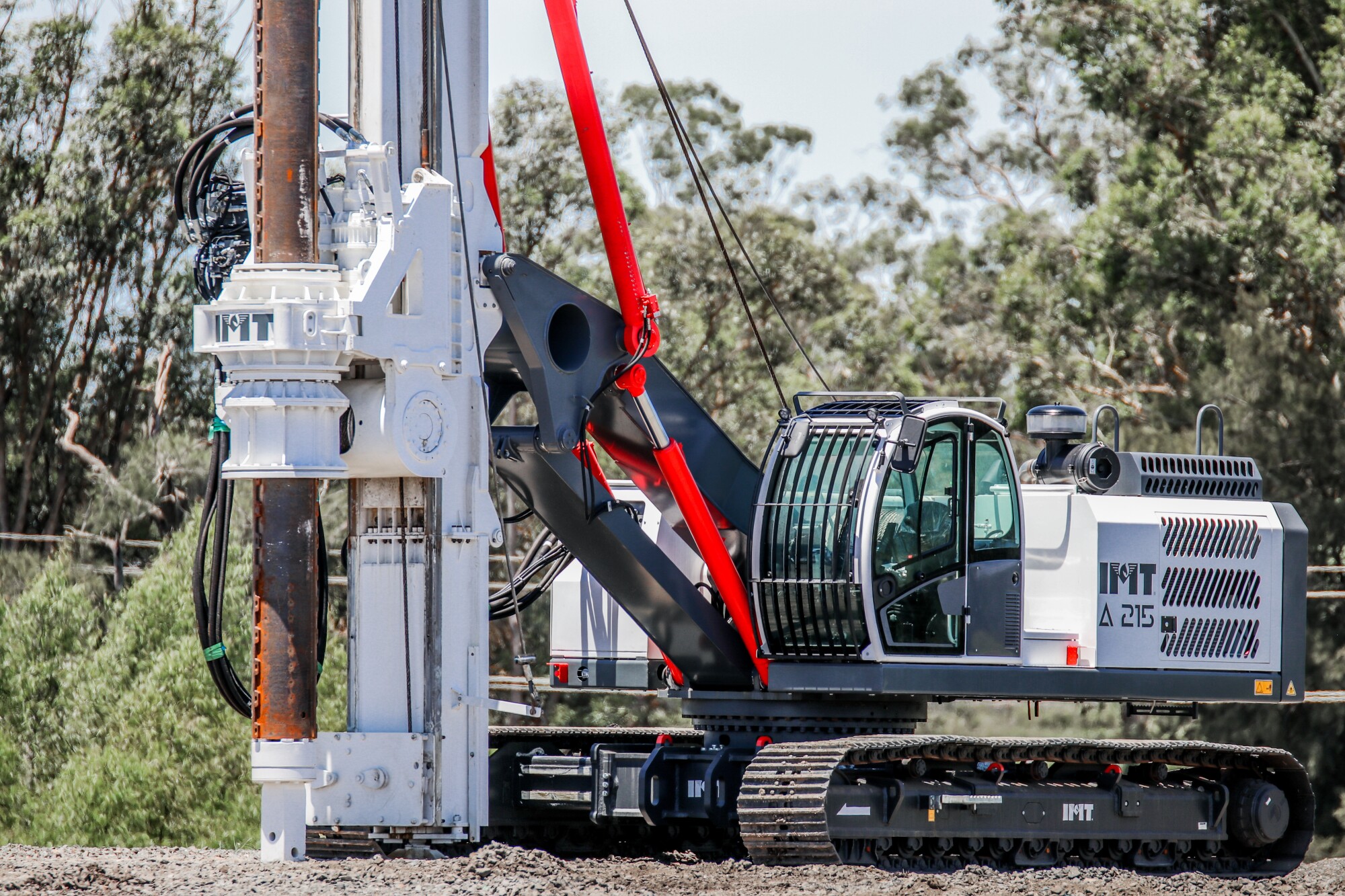The so-called “energy crisis” in the UK continues to gather momentum, with huge protests currently taking place in major cities such as Liverpool, Birmingham and the capital of London.
These follow a significant increase in the energy price cap, which will cause the average cost of household gas and electricity to reach a whopping £1,971 per year. A further projected jump in October could increase the cost further to £2,600, causing many to consider alternative and potentially drastic measures to reduce their monthly spend.
One option could be to invest in solar panels? But is this a viable option, and what types of roofs are compatible with solar technology?
The Factors to Consider When Installing Solar Panels
There are numerous factors that determine how compatible your roof is with solar panels, with size being the most obvious example. Here are some of the other considerations:
#1. Roof Orientation:
When it comes to orientation, a south-facing roof is ideal when installing a solar panel system. This is because they tend to receive the sun when it’s at its most powerful and for the longest time, optimising the amount that can be generated for your solar panel system. You can still install solar panels on rooftops that face east and west, of course, while those that are north-facing are not recommended for this type of energy.
#2: Roof Pitch:
While the type of property that you own is largely inconsequential when considering solar panel, the pitch of your roof is very important. Certainly, both sloping and flat roofs are ideal from the perspective of solar panel installation, although the optimal roof pitch angle is fixed between 30 and 40 degrees Celsius. Although slopes outside of this range can be effective, those that exceed 60 degrees Celsius are not suitable for an installation.
#3. Roof Material:
Once again, most common roof materials are compatible with solar installation, but this will have a huge impact on the cost of installing panels and total capacity. The only roof types exempt from PV solar installations are thatched, glass roofs and those containing asbestos, while asphalt, metal and tar provide optimal results in terms of cost and performance. So, check with suppliers to see which lead alternatives for roofing are the best for solar power.
And What About the Condition of Your Roof?
On a final note, you should keep in mind that all certified and reputable installers will evaluate a roof’s condition before proceeding with an installation.
So, even if the slope and material is optimal, roofs that have seen their condition deteriorate and experience sustained damage may need additional work to be carried out before solar panels are installed.
You’ll need to consider this from a costing perspective when preparing to install solar panels, especially if you’re to manage your budget well and achieve an optimal return on your total spend.








